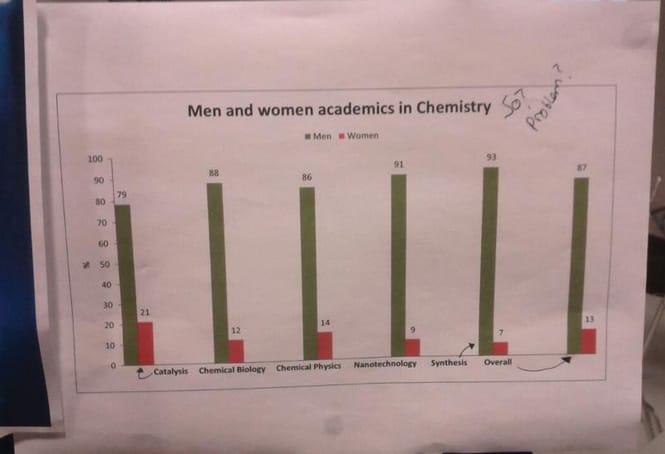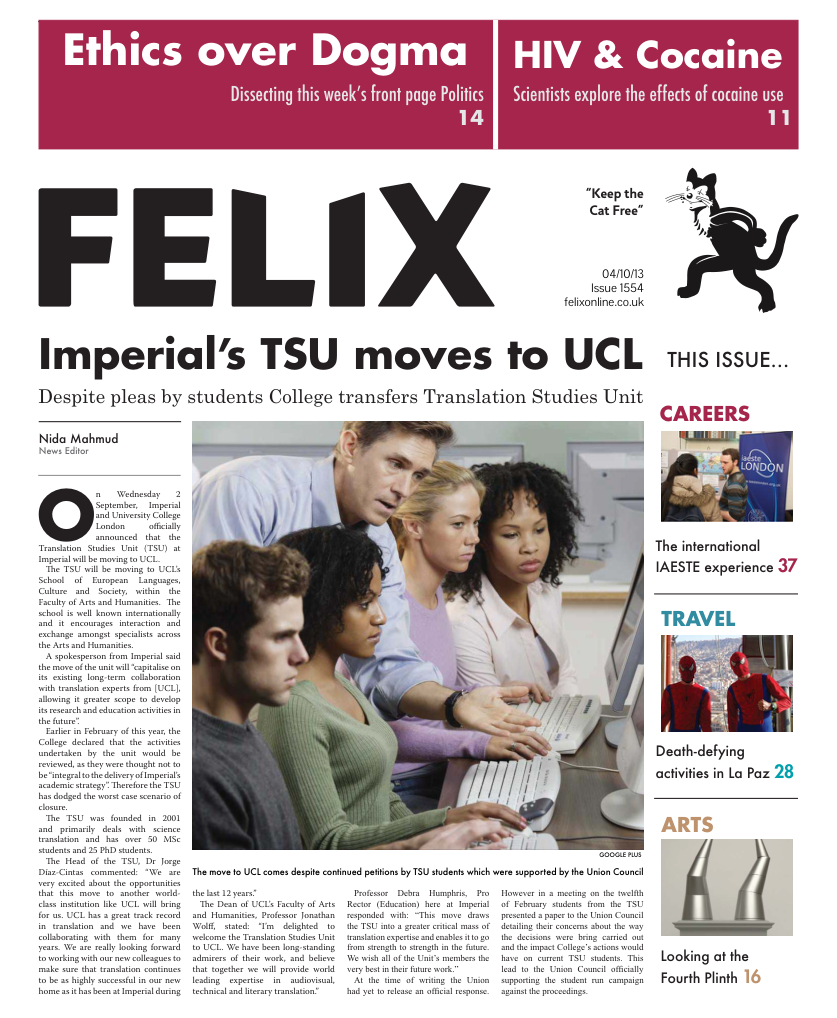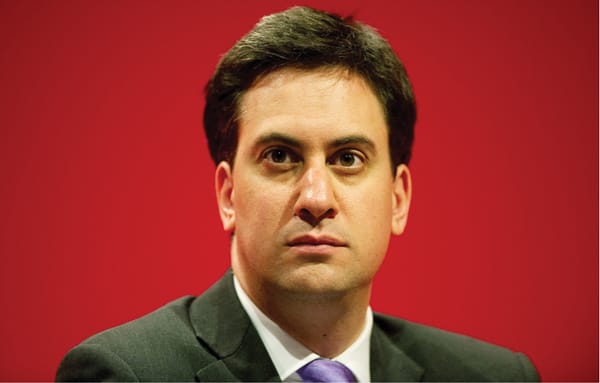Imperial Men: How To Talk About Gender
Rory Fenton on gender at Imperial College

Most students at Imperial are men. I don’t imagine this comes as much of a surprise to most Felix readers. While this gender imbalance is obvious from the first day of Freshers Week, what it means and how to talk about it can be more challenging. Whispered remarks about “The Ratio” can be heard on most courses and jokes abound about the sexual frustration of Imperial’s males; the straight ones at least. But beyond this, any serious discussion of gender among students can often be dismissed. We can be pretty poor at talking gender and it’s we men who seem to do it worst. The low proportion of women students at Imperial is not the College’s fault and in fact when compared to the science, engineering and medicine departments in the rest of the UK, we have slightly more equal gender ratio than average. This does not mean, however, that there is nothing to be discussed. When posters went up last year in the chemistry department showing the proportion of female researchers in the different groups, it was graffitied with “So? Problem?” Posters inviting female physics students to a female-only event were graffitied with comments calling the event “sexist”. These comments are massively unhelpful and entirely miss the point. It can be tempting to think that simply removing legal barriers to female academics is sufficient to right historic wrongs. A glance at the progress of African Americans since the end of legal segregation in 1954 suggests otherwise. It is quite right that we make a particular effort to encourage schoolgirls to be interested in science and for women undergraduates to pursue their subjects further. When we men are dismissive of the idea, we serve the status quo.
“Men of Imperial, we can do better”
Last week a mini Twitter storm broke out over an upcoming science event in the Excel Arena of Olympic fame. The event features 6 panelists including Richard Dawkins and Bill Bailey, which is a very cool and original combination. Less original is the gender makeup of the panel, all 6 speakers are men. As with Imperial, it is not the fault of the organisers if these were genuinely the best candidates. Where they messed up was with the FAQ on their website, which addressed lack of women. They said; “I am a fanatical, misandristic ‘feminist’. May I drone on about the lack of women in the line-up and despatch bigoted, mis-spelt, ungrammatical missives to the organisers and presenters?” “No. Please save your talents for Twitter and Facebook, that’s what they’re for. We’re actually very disappointed that none of our female invitees accepted, but that is just how it was. As scientists we have no choice but to accept reality. Wanting something to be otherwise does not make it so.” Yes, this is supposed to be comically exaggerated language but even ignoring the labelling of those who complain of the lack of women speakers as “bigoted” and “misandristic”, the FAQ’s message is quite clear; put up and shut up. We should do neither. It is quite right and reasonable to wonder why the organisers failed to find a single woman panelist. It may indeed be the case that they really did try, but this is hardly the first panel event on science to be all male, and maintaining the status quo allows a self fulfilling prophesy whereby men gain higher profiles from speaking at events which leads them to be invited to more events. It may not be up to this particular event to “fix” this, but to brush it away as a non-issue is wilful ignorance. Men of Imperial, we can do better than this. To question why the gender imbalance is as it is not to question whether any one of us deserves to be here or to suggest that College discriminate in favour of women students and employees. Students are right to challenge the status quo and make active efforts to encourage women scientists in College and further afield. Dismissing these efforts as “sexist” is lazy. The Excel event told us that “as scientists we have no choice but to accept reality.” This is a strange definition of science. Rather, as scientists we examine reality, come to understand how it works and find out how to change it. Scientists do not simply accept reality.








